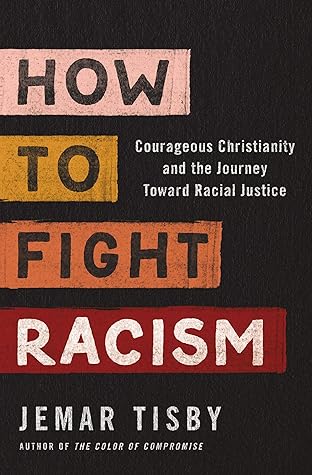More on this book
Community
Kindle Notes & Highlights
by
Jemar Tisby
Read between
October 7 - November 4, 2021
awareness, relationships, and commitment.
One of the major fault lines among people who hold different views of racial justice concerns whether racism is an individual or an institutional problem.
“Equality aims to promote fairness. This is only effective if all participants have similar starting points and the same access to resources for achieving their desired goals.
Many people assume they know what they believe about race and racism and why they believe it, so the assumption goes unexamined. By taking the steps to reflect on our experiences with race, we can better understand our attitudes on the topic. It takes support, reflection, and resilience to unpack your racial history, but doing so will make you a more effective advocate for racial justice.
Reconciliation does not mean returning to a bygone historical era of harmony but rather revising our relationships to more closely match God’s foundational pattern for human interaction.
An individualistic understanding of reconciliation presents racial separation as the problem. The solution, therefore, is to get people together.
But only what is revealed can be healed. It does no service to a community to hide its shortcomings.
don’t assume everyone knows what you know.
“Instead of treating the conversation as a corrective lecture, treat the other person as an equal partner in the discussion,”
Engaging in half-hearted efforts at diversity can be more devastating than not doing anything at all.
Love is not a mere feeling of affection. In the beloved community, love is an action that uses the levers of power to bring about justice.
Racial justice advocates must recognize that, while intent matters, impact is what is critical in evaluating the fairness of a rule or practice.
we must constantly battle against any feelings of contempt we have toward other people.


